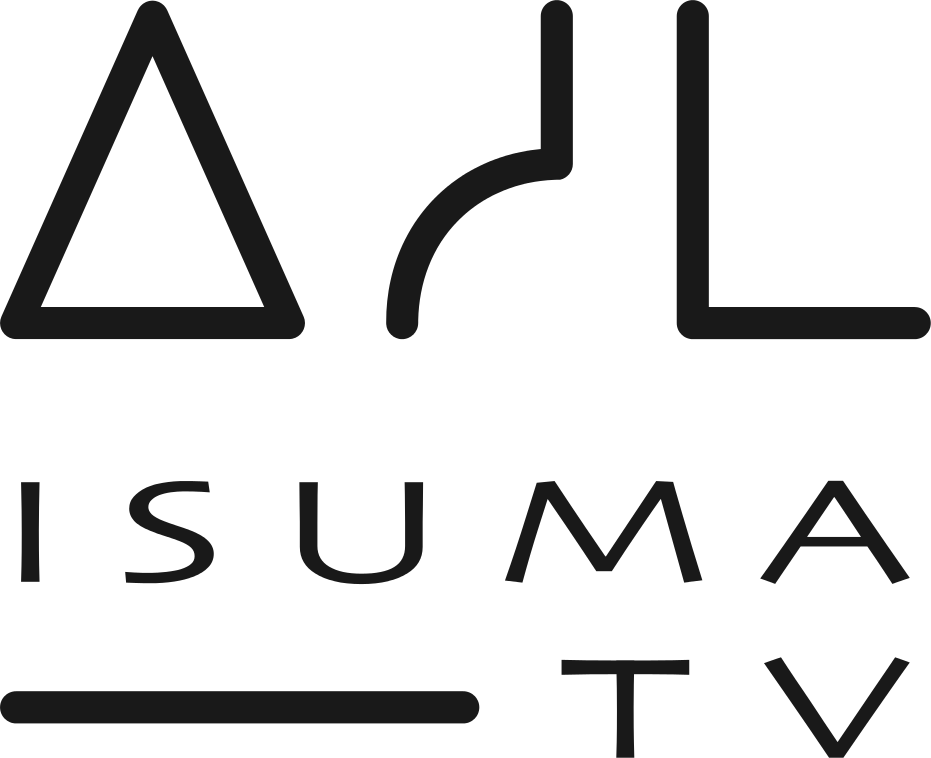Pour une meilleure qualité de vidéo Connexion haute vitesse
Chargement de vidéos lent ? Connexion basse vitesse
Inclusion in Northern Research - Arctic Science Summit Week 2021 Lisbon
À propos
Following on from IASCs 2020 Statement on Tackling Racism and Systemic Bias, acknowledging that Arctic science still suffers from systemic bias that marginalizes and excludes people who are Black, Indigenous, or from other under-represented minorities in the Arctic region and around the world, this panel session aims to discuss these issues facing our community, and also some practical solutions that are being taken to tackle them.
Through hearing from speakers in an interactive discussion, the session aims to foster future efforts to help make our community more inclusive. The panel is intended to start a discussion across disciplines that will be further built on during a workshop at the ASSW 2022 aiming to provide specific recommendations and actions for IASC and other Arctic research organizations as well as the Arctic research community in general.
19:00 – 19:30 #INCLUSIVENORTH - THE INCLUSION IN NORTHERN RESEARCH PROJECT
The Northern research community is broad: it includes people from the North and the South, members of Indigenous communities and settlers, and involves workers and scientists from communities, government, and academia as well as stakeholders and knowledge-holders from across the Arctic Circle. Many different journeys led our members to where they are today, contributing to the richness of our community.
However, our members have had to overcome many barriers along the roads they took to become involved in Northern research, and though our community is starting to address long-standing discrimination based on race, sex, gender identity, sexuality, and disability, a widespread lack of inclusion and representation remains. Inherent in our community exist many systemic hurdles that we cannot ignore, including (but not limited to) the historical use of science as a tool for colonialism and the lack of diversity within academia. We must address these barriers and find ways to collectively lift them, to make our community inclusive to all who are involved in Northern research.
The Inclusion in Northern Research Project, which was developed through the course of the last year and premiered at the Arctic Change 2020 virtual meeting, began with the creation of videos highlighting the varied journeys of our colleagues, and grew into an online discussion that included over 1000 people in 35 countries, starting important conversations about inclusion in our research community in a safe and open space. This initiative will continue through the year ahead with a series of video dialogues on important topics in Inclusion within the northern research community, the first of which will be screened for the 2021 Arctic Science Summit Week.








![[Woodland Cree] An Overview of Managing Canada's Used Nuclear Fuel](https://s3.amazonaws.com/isuma.video.thumbs.large/woodland_cree_an_overview_of_managing_canadas_used_nuclear_fuel.mp4.jpg)







